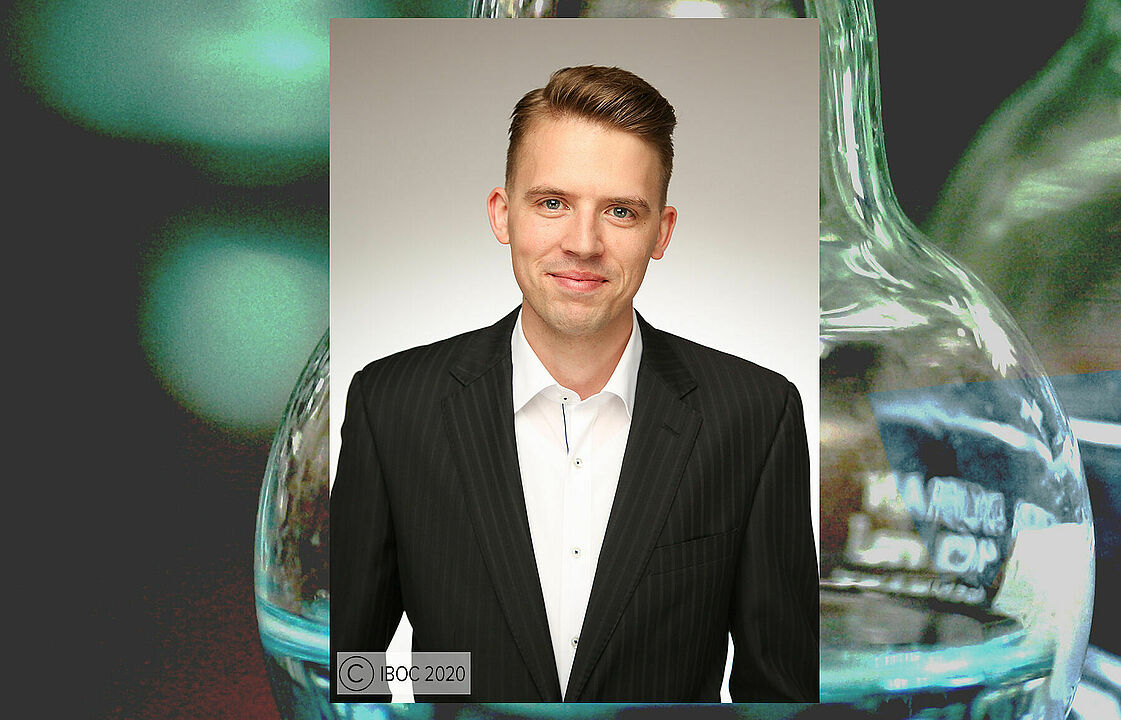There is a life after the IBOC - our alumni prove this again and again.
Many former colleagues have agreed to answer a small questionnaire and here we'd like to regularly present their stories.
The more detailed, and very fascinating "interviews" can be found in the Bocipedia for institute members.
We would like to start with Benjamin Berntsson. Benjamin studied chemistry and successfully completed his doctoral studies in carbohydrate chemistry and glycosynthases in 2017, within the CLIB graduate school. Currently, he is working in the chemical production at Evonik, where he joined in 2018 as project manager in R&D. Next year he has the exciting opportunity to spend 18 months in Argentina.
Benjamin advises current doctoral students who wish to work in industry to undertake an internship and to gain additional qualifications. Furthermore, he explicitly states that foreign language competence, particularly in English, are advantageous.
Thank you Benjamin for the interesting perspective. We wish you a successful and enjoyable time in Argentina! The complete questionnaire can be found in the BOCipedia.


